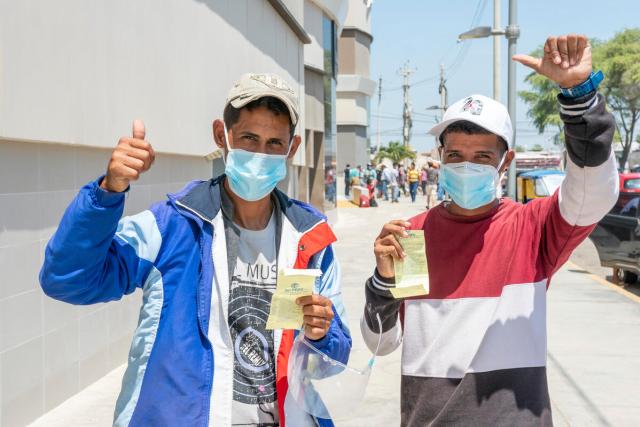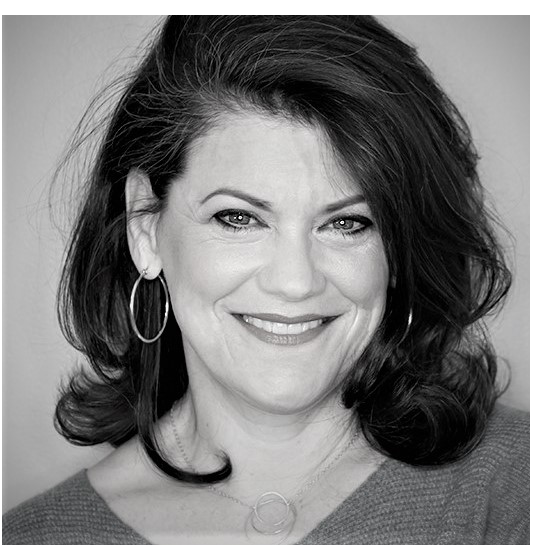Leveraging Longer-term Humanitarian Funding for HDP Coherence

The past decades have seen a rise in the number and length of recurrent and protracted crises. Severe drought emergencies are becoming more frequent, while conflict-driven crises now last an average of nine years. As a result, humanitarian operations have grown in volume, cost, and duration.
Violent conflict, protracted displacement, climate-related crises, and other factors demand that we change the ways in which humanitarian interventions are delivered in order to meet immediate needs while helping to protect development gains and advance future well-being. The complex and shifting nature of these crises means that peoples’ needs extend far beyond short-term support even while urgent assistance is still required.
Despite these changes, funding practices remain largely short-term even in protracted and recurrent crisis contexts. As agreed in the Grand Bargain commitment on enhanced quality funding, longer-term, multi-year planning and funding can highlight linkages between humanitarian, development, and peace programming that are fundamental to reducing humanitarian needs.
In this session, two implementers of USAID/BHA-funded humanitarian activities discussed how longer-term humanitarian funding can meet immediate needs while intentionally sequencing, layering, and integrating development and social cohesion activities to promote resilience and peace. They shared practical examples of how they sequence interventions internally and layer their efforts with those of external actors.
This session was hosted by Mette Karlsen, Head of Unit-Cash-based Interventions, UNHCR Jordan. Speakers include:
- Anthony Akwenyu, Chief of Party, Collective Action for Resilience Building, NRC South Sudan
- Sadou Soumana, Senior Economic Recovery and Development Technical Advisor, IRC Niger
*This event was in English with French interpretation*
This event was part of the thematic area: Sequencing, Layering, and Integrating Humanitarian, Development, and Peace Assistance.
View Presentation Watch Recording
 Mette Karlsen is a development and humanitarian assistance practitioner. She is currently the head of the cash unit at UNHCR Jordan which is one of the organization’s largest and most sophisticated cash operations globally. Over the course of her career, Mette has worked for a wide variety of international NGOs and multi-lateral organizations. She has done everything from conducting the US government’s first humanitarian assessment of the Venezuela crisis, to working to strengthen farmer cooperatives in the high plains of Bolivia, to promoting reproductive health among new mothers in Tajikistan. She was the Senior Regional Advisor for the America and Caribbean region for USAID’s Office of Food for Peace (2016-2018), as well as team leader for USAID’s food security response to the Ebola crisis (2014-2016). Mette has a Masters in food security, was a Mickey Leland International Hunger Fellow (2003-2005), and a Peace Corps Volunteer in Latvia (1997-2000).
Mette Karlsen is a development and humanitarian assistance practitioner. She is currently the head of the cash unit at UNHCR Jordan which is one of the organization’s largest and most sophisticated cash operations globally. Over the course of her career, Mette has worked for a wide variety of international NGOs and multi-lateral organizations. She has done everything from conducting the US government’s first humanitarian assessment of the Venezuela crisis, to working to strengthen farmer cooperatives in the high plains of Bolivia, to promoting reproductive health among new mothers in Tajikistan. She was the Senior Regional Advisor for the America and Caribbean region for USAID’s Office of Food for Peace (2016-2018), as well as team leader for USAID’s food security response to the Ebola crisis (2014-2016). Mette has a Masters in food security, was a Mickey Leland International Hunger Fellow (2003-2005), and a Peace Corps Volunteer in Latvia (1997-2000).
 Anthony Akwenyu is currently the Chief of Party for the USAID/BHA-funded Complimentary Action for Resilience Building (CARB) program in South Sudan. CARB is a consortium of 5 INGOs implementing a Multiyear emergency food security project in South Sudan’s 8 Counties (Wau, Jur river, Rubkona, Guit, Mayom, Panyijiar, Mayendit, and Leer). Originally from Uganda, Anthony has 20 years of experience in humanitarian and development assistance programming across 15 countries in Africa, Asia, Latin America, and the Caribbean.
Anthony Akwenyu is currently the Chief of Party for the USAID/BHA-funded Complimentary Action for Resilience Building (CARB) program in South Sudan. CARB is a consortium of 5 INGOs implementing a Multiyear emergency food security project in South Sudan’s 8 Counties (Wau, Jur river, Rubkona, Guit, Mayom, Panyijiar, Mayendit, and Leer). Originally from Uganda, Anthony has 20 years of experience in humanitarian and development assistance programming across 15 countries in Africa, Asia, Latin America, and the Caribbean.
 Sadou Soumana is an agricultural economist who is currently the Agriculture & Rural Livelihoods Technical Advisor for the International Rescue Committee (IRC) for West Africa, based in Niger. He has over 16 years of experience working with a wide variety of international NGOs to design and implement short- and long-term food security and livelihoods programming in complex and volatile contexts.
Sadou Soumana is an agricultural economist who is currently the Agriculture & Rural Livelihoods Technical Advisor for the International Rescue Committee (IRC) for West Africa, based in Niger. He has over 16 years of experience working with a wide variety of international NGOs to design and implement short- and long-term food security and livelihoods programming in complex and volatile contexts.
